Buying a house and applying for a mortgage are some of the biggest financial involvements most individuals experience in their lifetimes. By preparing for the application process, you can avoid unnecessary obstacles while expediting the process of approval. While securing a mortgage is relatively simple in most cases, you should do what you can beforehand to alleviate stress and ensure you have the best chances of obtaining a mortgage that suits your needs.
Assess Your Finances
Understanding your financial situation is key to determining your budget when it comes to securing a mortgage, and it is imperative that you assess your finances with an objective, thorough eye. Because purchasing a house not only requires a substantial home loan but also a down payment, you should be cognizant of the requirements of this investment before looking to apply for a mortgage. Most home loans require a down payment, but if you want to obtain a lower interest rate, it is advised that you try to put down at least 20% upon purchase. In assessing your finances, you may determine that your ideal interest rate is not feasible with your current funds, and it is better to complete this step as early as possible to ensure that you can afford the monthly payments in addition to the down payment.
Check and Raise Your Credit Score
When partaking in any financial endeavor that entails the transfer of funds, it is advisable to obtain the highest credit score you can manage. This fact is especially true for self-employed buyers and anyone applying for a non-traditional mortgage. Depending on your timeline for obtaining a mortgage, there are a few ways you can raise your score. From verifying your credit report is accurate to paying off outstanding debt, you can help ensure your credit score is the best it can be. For those operating on a short time frame, be careful to avoid opening new lines of credit or acquiring new loans.
Secure Appropriate Documentation
For many mortgages, providing proof of your income is helpful if not necessary to validate your employment status and, consequently, your ability to pay back the loan. Such documentation can include pay stubs, bank account statements, and more. While some non-traditional loans do not require these documents, having them onhand can help you obtain a lower interest rate.

